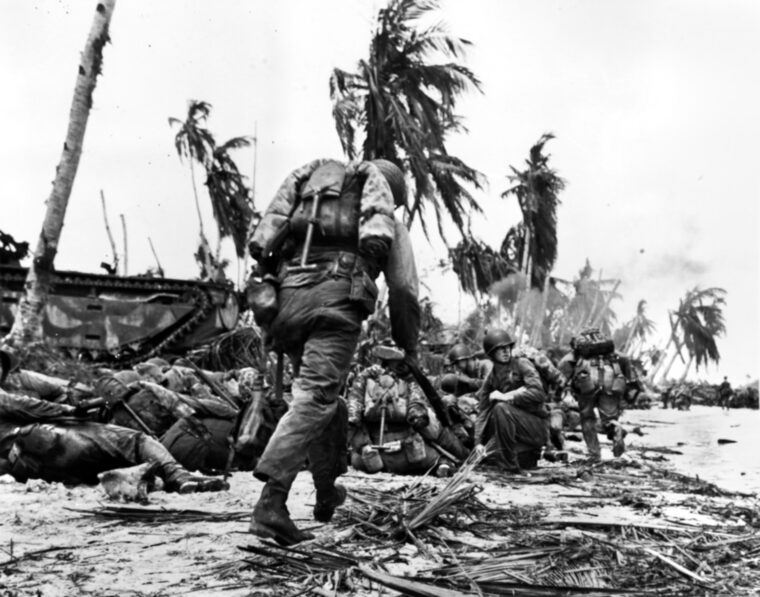
WWII Quarterly WInter 2021
U.S. Marine’s Legacy of Valor
By Dick Camp (Colonel, USMC, Retired)
The war in the Pacific was a bloody, protracted struggle between the Empire of Japan and the United States and her allies. Read more

WWII Quarterly WInter 2021
By Dick Camp (Colonel, USMC, Retired)
The war in the Pacific was a bloody, protracted struggle between the Empire of Japan and the United States and her allies. Read more
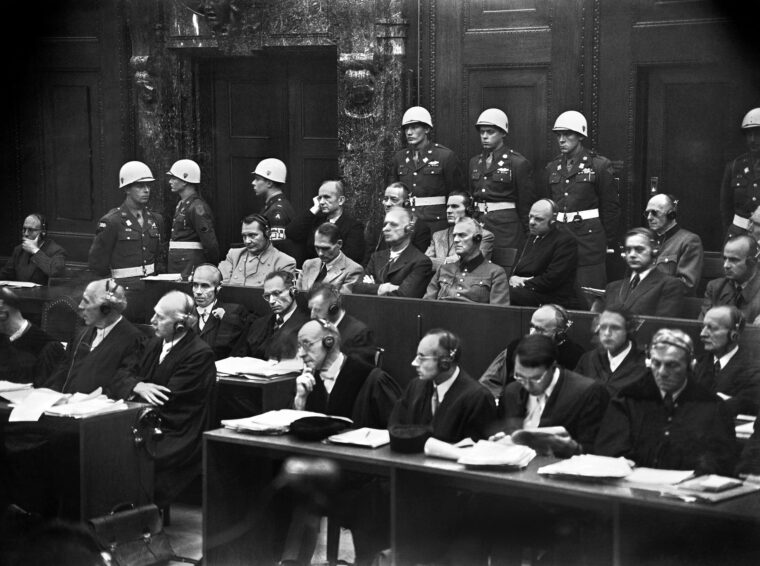
WWII Quarterly WInter 2021
After Imperial Germany lost the Great War (1914-1918), the Treaty of Versailles punished her severely in terms of ruinous restitution payments to the victors, economic sanctions, the loss of territory and colonies, the forced abdication of Kaiser Wilhelm II, and the heavy restrictions imposed on her armed forces. Read more
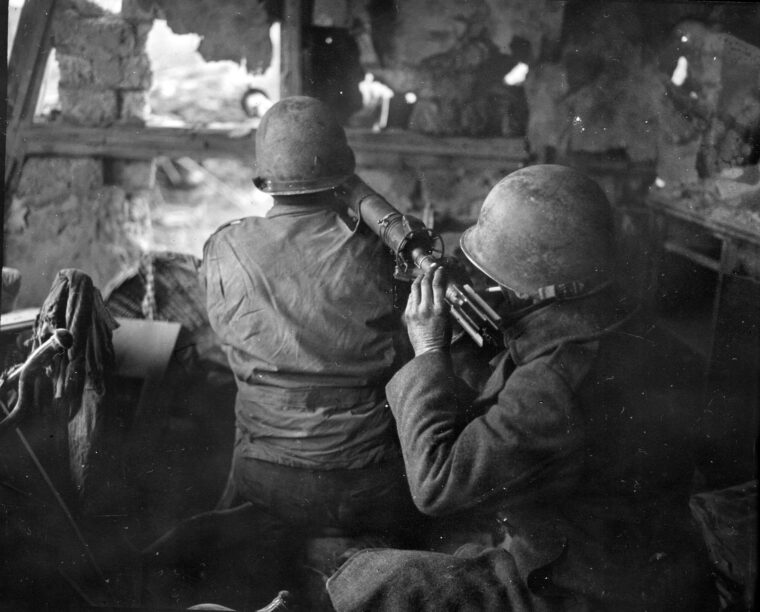
WWII Quarterly WInter 2021
Army commanders understand that the key to dealing with an enemy breakthrough is to slow the enemy’s advance and prevent the breach from widening—that is, “holding the shoulders.” Read more
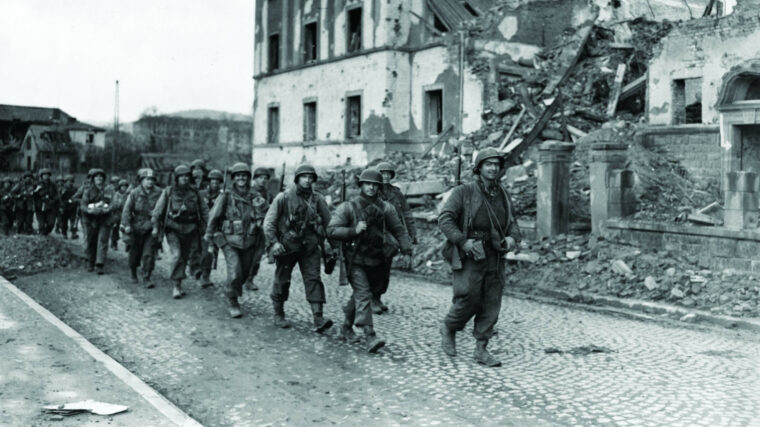
WWII Quarterly WInter 2021
As the winter of 1944-1945 slowly gave way to spring, the combined Allied armies ground their way into Germany. Read more
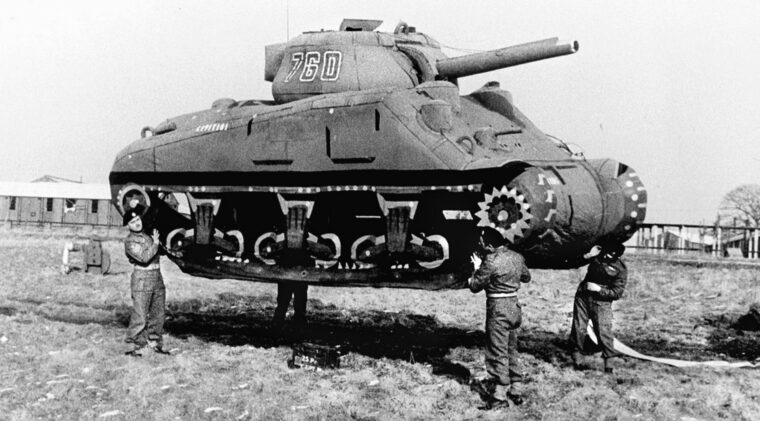
WWII Quarterly WInter 2021
For Operation Neptune/Overlord, the Allies had 6,939 naval vessels, 11,590 aircraft, and 156,000 infantrymen and airborne soldiers (both parachute and glider) ready to participate in the D-Day invasion of northern France on June 6, 1944. Read more
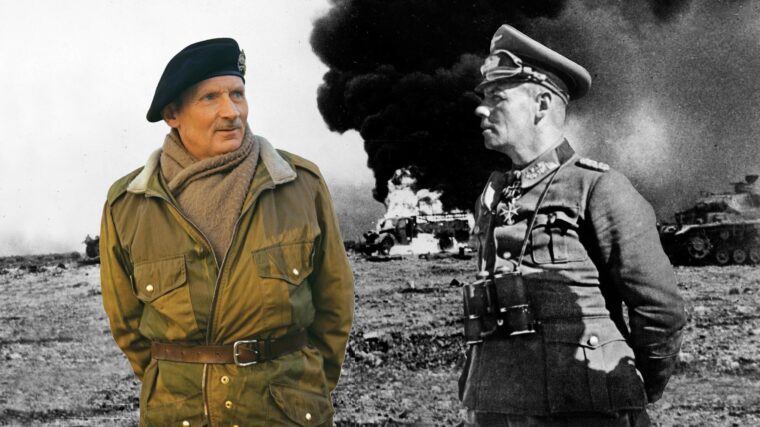
WWII Quarterly WInter 2021
The famous retreat of the “Desert Fox” Erwin Rommel across North Africa following his defeat at the Second Battle of El Alamein in 1942 was less a retreat than a series of stubborn battles to hold ground. Read more
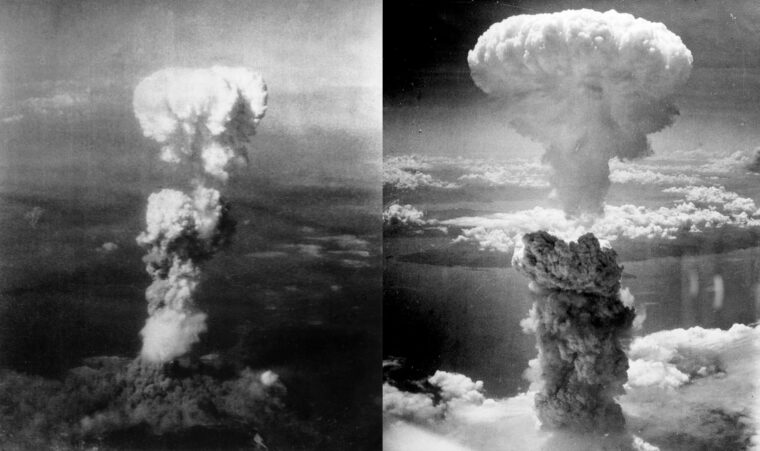
WWII Quarterly WInter 2021
A few short months ago, the world paused to reflect on the 75th anniversary of the end of the greatest human-caused cataclysm mankind has ever known: World War II. Read more
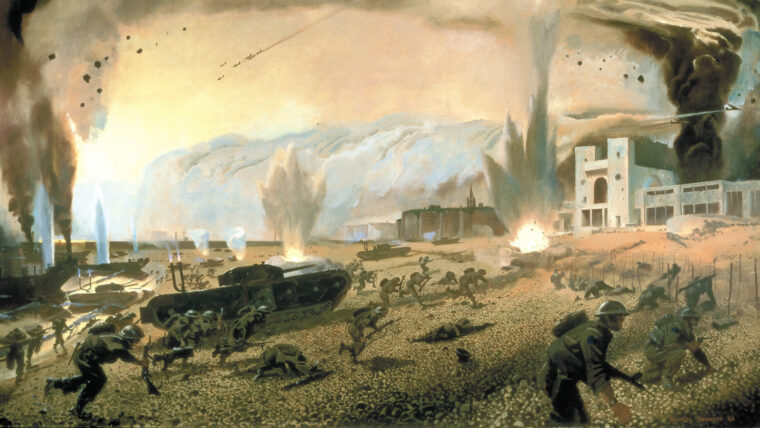
WWII Quarterly WInter 2021
By early 1942, British Prime Minister Winston Churchill was still unable to boast a single victory in the field against Germany. Read more
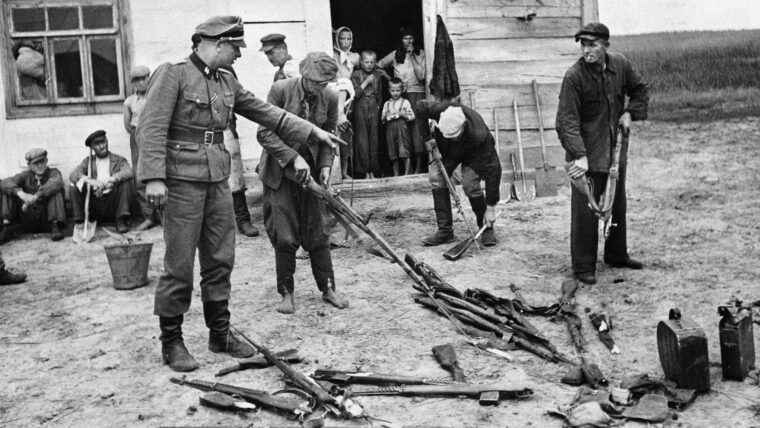
WWII Quarterly WInter 2021
The concept of Soviet partisans participating in Russia’s wars was nothing new in 1941. During Napoleon’s invasion of the country in 1812, small bands of civilians harassed the French and their allies both before and after the retreat from Moscow. Read more